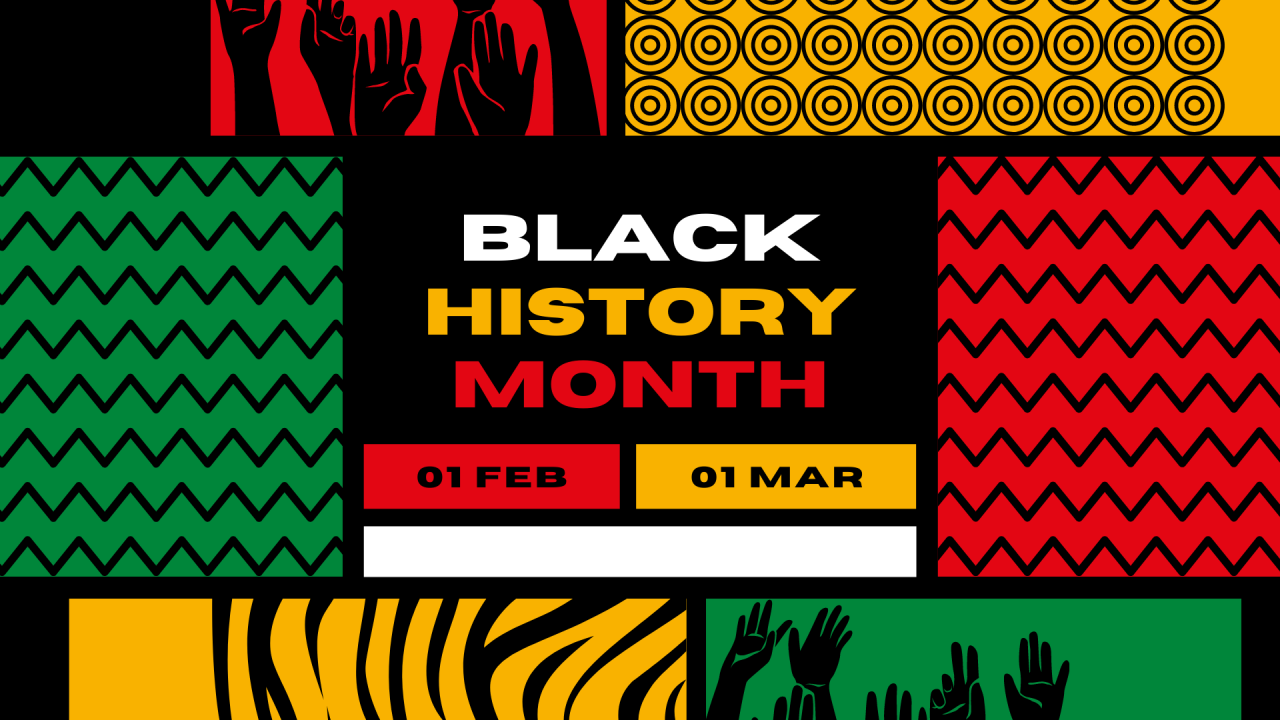
Honoring African American Trailblazers in Public Accounting
In honor of Black History Month, the NSAC is celebrating some of the most influential African American trailblazers in public accounting. These inspiring individuals paved the way for millions of African Americans to pursue the profession, despite facing numerous obstacles and prevalent racism. Their dedication, courage, and resilience do not go unnoticed. This month, we recognize the remarkable achievements of Black CPAs throughout our history who have significantly contributed to the accounting industry.
John Wesley Cromwell Jr. became the first African American CPA in 1921. An intellectual with a passion for learning, Cromwell graduated from Dartmouth College in 1906 as a member of Phi Beta Kappa, and with Bachelor’s and Master’s degrees in both mathematics and astronomy. During his time in college, Cromwell also won the Thayer Prize, an award that recognizes superior proficiency in the higher branches of mathematics. Upon graduation, Cromwell went on to teach himself accounting, but was prevented from qualifying for a CPA license due to lack of experience working for an accounting firm. This was a common challenge for African Americans at the time, as the majority of accounting firms refused to hire Blacks. Discouraged, Cromwell resigned to teaching mathematics at Paul Laurence Dunbar High School. It wasn’t until New Hampshire dropped its experience requirement in 1921 that Cromwell was finally able to take the Uniform CPA Examination, and become licensed. After waiting 15 years to become certified, Cromwell finally opened his own CPA firm in Washington DC, and served the Black community by providing aid to churches, funeral homes, restaurants, and lawyers. Cromwell enjoyed a successful career as an accountant for nine years, and in 1930, became comptroller of Howard University. Cromwell retired from the accounting profession in 1956.
Marie T. Washington became the first female African American CPA in 1943. Gifted in mathematics, Washington was hired at Binga State Bank right out of high school. Seeing Washington’s potential, the bank’s Vice President, who was also the second African American to become a CPA in 1923, Arthur Wilson, encouraged Washington to go to college to study business so she could qualify for a CPA license. Washington took Wilson’s advice, and graduated from Northwestern’s College of Business in 1941 as the only woman in her graduating class. Washington took the Uniform CPA Examination and passed in 1943, yet no accounting firms would hire her. Determined to prove her capabilities, Washington opened her own practice in the basement of her home. Washington wanted her firm to transform the diversity of the accounting profession, and as such, offered employment opportunities to aspiring Black CPAs. Washington’s clients ranged from small Black-owned businesses to large Black-owned companies. One of Washington’s clients, Samuel B. Fuller of Fuller Products Company, offered her firm space in his company building. Several years later, the firm became known as Washington, Pittman & McKeever, one of the country’s largest Black-owned firms. A touching gesture; when Washington retired in 1975, the firm gave her a gold bracelet with about 30 charms, each one with the name of someone who earned their CPA license while working for her.
These are only a few of the outstanding individuals who forever changed history by opening the door for diversity in the accounting profession. In addition, many others have helped shape the future of accounting, through their diversity initiatives and advocacy for equality and inclusion.